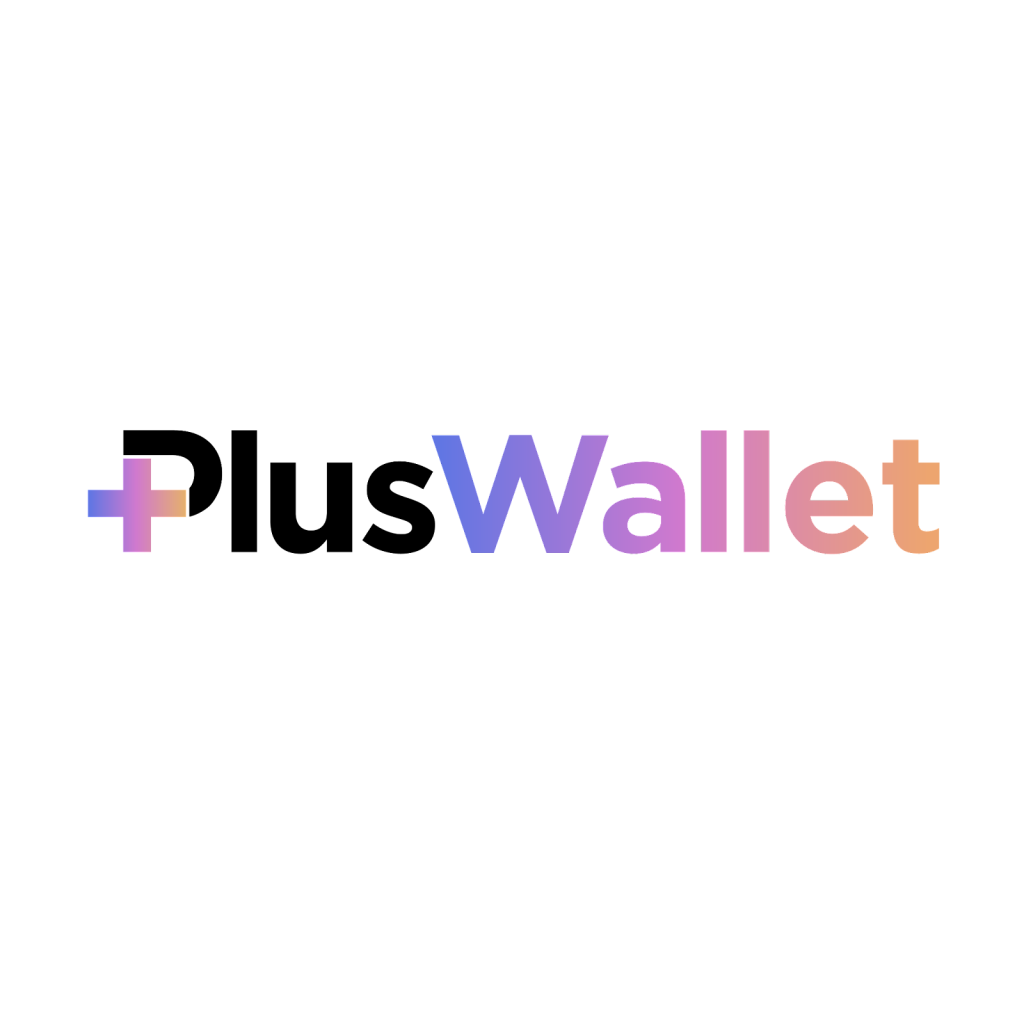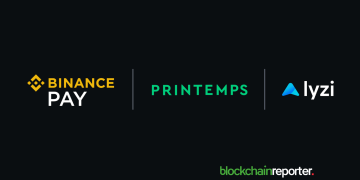Choosing a secure and efficient Web3 wallet is essential for digital asset management. With many options available, each wallet offers distinct advantages, from enhanced privacy to earning opportunities.
Some wallets, like Plus Wallet, prioritize user control with self-custody, while others, such as MetaMask and Coinbase Wallet, support extensive network compatibility. This guide highlights the top Web3 wallets, detailing their features to help you choose the right one for managing your cryptocurrencies.
1. Plus Wallet: Complete Control and Earnings on Your Terms
Plus Wallet provides users full control over their assets through its self-custody model, where private keys remain secure on the user’s device. This setup ensures that only users manage their funds, enhancing security and privacy.
Beyond secure self-custody, Plus Wallet champions privacy by eliminating KYC requirements, appealing to users seeking discreet transactions. Its user-friendly interface makes it accessible, even to newcomers.

What truly distinguishes Plus Wallet is its ability to convert everyday crypto actions into earnings. The Swap to Earn feature rewards users for each transaction. Additionally, the Refer to Earn program offers passive income by inviting others to join. As referrals engage, both the referrer and new users earn rewards. Plus Wallet goes beyond secure storage, serving as a gateway to financial growth.
2. MetaMask: Easy dApp and Web3 Access
MetaMask is among the most popular wallets for Web3, allowing secure management of ERC-20 tokens and easy access to decentralized applications (dApps). As a non-custodial wallet, MetaMask gives users full control of private keys and supports various networks, such as Binance Smart Chain and Polygon.
Though MetaMask doesn’t store user data, browsers may track interactions. Nonetheless, MetaMask’s open-source nature and large community make it versatile and widely compatible across Web3 platforms.
3. Coinbase Wallet: Secure with Layer-2 Support
Developed by the same team as the Coinbase exchange, Coinbase Wallet is a standalone, non-custodial wallet that grants users full private key control, enhancing security for asset management. The wallet supports Bitcoin, Ethereum, and ERC-20 tokens, along with integration for Layer-2 networks like Arbitrum, Optimism, and Polygon.
With added security features, such as PIN protection and biometric authentication, Coinbase Wallet provides users with a sense of safety. However, users should keep in mind that online storage may carry some security risks typical of hot wallets.
4. Trust Wallet: Multi-Blockchain Versatility
Trust Wallet is a popular mobile wallet known for supporting a wide variety of cryptocurrencies across multiple blockchains, making it a flexible option for users. As a non-custodial wallet, users retain full control over their private keys, and staking options are available to earn rewards on held assets.
Valued for its simplicity and feature-rich setup, Trust Wallet allows easy management of multiple assets. However, being mobile-only, it carries security risks as a hot wallet compared to offline alternatives.
The Best Web3 Wallet: Choosing by Your Needs
Each of these Web3 wallets brings unique benefits to the table. Plus Wallet stands out as best crypto wallet that emphasizes privacy and earning opportunities, MetaMask provides access to various networks, Coinbase Wallet focuses on enhanced security, and Trust Wallet is ideal for multi-blockchain asset management.

These wallets empower users to manage digital assets securely. As the Web3 ecosystem grows, these wallets are invaluable tools for staying connected and confident in the digital world.























